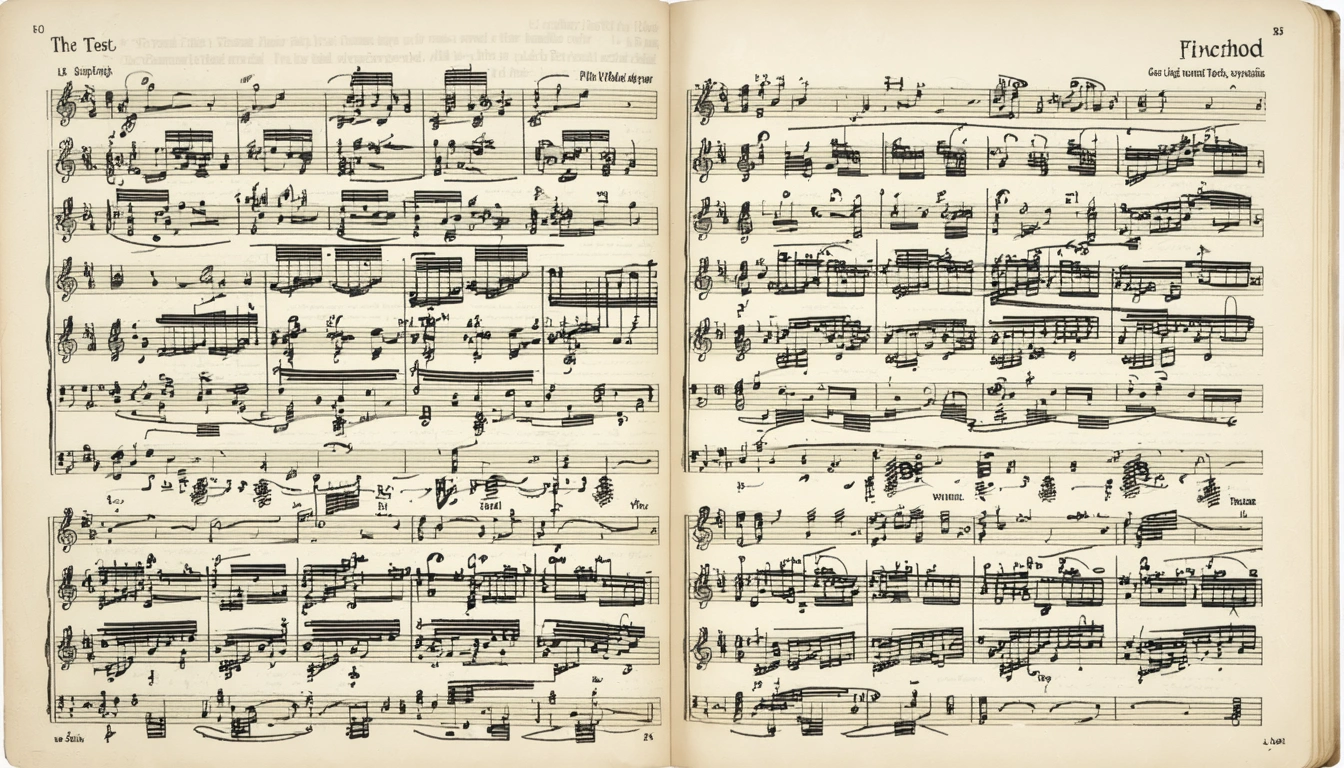Creating compelling musical arrangements can often feel overwhelming, especially for amateur producers. One common issue they face is the inability to discern whether their arrangements are engaging or monotonous. In this article, we delve into an effective technique known as the "Skip Test," which can significantly aid musicians in evaluating their work and ensuring their compositions maintain interest throughout.
Understanding the Challenge of Arrangement
As music producers, it is easy to become engrossed in the minutiae of our compositions. We may focus intensely on small details, convinced that we are making significant progress. However, this zoomed-in perspective often blinds us to the overall flow and progression of the music. Consequently, arrangements may become stagnant, lacking the dynamism needed to captivate listeners.
The challenge lies in recognizing when our music fails to evolve or provide sufficient variety. This can lead to arrangements that feel repetitive or uninteresting, ultimately resulting in disengaged audiences. The key to overcoming this hurdle is to adopt a broader perspective on our work.
Introducing the Skip Test
The Skip Test is a straightforward yet powerful method designed to help musicians step back and evaluate their arrangements objectively. This technique involves periodically skipping ahead in the music—every 15 to 20 seconds—and asking critical questions about the arrangement's progression and interest level.
How to Conduct the Skip Test
Start at the Beginning: Begin by playing your arrangement from the start. As you listen, focus on the overall sound and structure.
Skip Ahead: After 15 to 20 seconds, skip ahead in the track and listen again. Ask yourself, "Is the music progressing? Are new elements being introduced?"
Evaluate Changes: Pay attention to any modifications in instrumentation, patterns, or dynamics. It’s not just about introducing new sounds; it’s also about varying the arrangement, such as changing guitar techniques or altering chord progressions.
Identify Repetition: If you find yourself hearing the same sounds and patterns without any changes, it’s a sign that your arrangement may be too repetitive. This is a crucial moment to recognize the need for variation.
Compare Sections: Another effective way to utilize the Skip Test is to compare different sections of your song directly—such as moving swiftly from Verse One to Verse Two. This comparison can reveal how similar or different these sections are, allowing you to make adjustments as necessary.
The Importance of Progression
As you test your arrangement using the Skip Test, be mindful of the importance of progression. A successful musical arrangement should evolve over time, keeping the listener engaged. This can be achieved by introducing new instrumentation, altering dynamics, or changing rhythmic patterns.
For example, in a folk arrangement, variations might include transitioning from fingerpicking to strumming or altering the chord progression. The goal is to ensure that each section contributes to the overall narrative of the song, allowing the listener to experience a journey rather than a static repetition.
Real-World Application of the Skip Test
Let’s explore a practical application of the Skip Test. Suppose you have an instrumental track with a defined structure. You start with a simple melody, but as you progress, you need to evaluate whether the arrangement is becoming stale.
Skip from the Start: You begin listening to the track and skip ahead every 15 seconds. At first, you notice that new pad elements are being introduced, and the chord progression shifts. This indicates that your arrangement is evolving.
Identify Key Changes: As you continue skipping through the track, you notice that different rhythmic patterns emerge, enhancing the overall texture. This is a positive sign that your arrangement is interesting.
Compare Verses: When you skip from Verse One to Verse Two, you realize that while the piano pattern remains similar, the sound quality has changed. Verse Two features a muted plucked piano, creating a different emotional tone that adds depth to the arrangement.
Adjust Accordingly: If at any point during the Skip Test, you find that certain sections sound indistinguishable from one another, take that as a cue to introduce new elements. This could be as simple as changing instrumentation or altering the dynamics to create contrast.
Benefits of the Skip Test
The Skip Test provides numerous benefits for musicians looking to refine their arrangements:
Enhanced Objectivity
By stepping back and examining the arrangement from a distance, musicians can gain a clearer perspective on their work. This objectivity helps to identify areas that need improvement and encourages a more critical approach to music creation.
Improved Engagement
As arrangements become more dynamic and interesting, listeners are more likely to stay engaged. The Skip Test encourages musicians to think creatively about how to maintain listener interest throughout the composition.
Creative Inspiration
Using the Skip Test can also spark new ideas. By identifying sections that feel repetitive or stagnant, musicians can explore ways to transform those parts into something fresh and exciting.
Conclusion
The Skip Test is an invaluable tool for musicians aiming to enhance their arrangements and keep their compositions engaging. By periodically stepping back and evaluating the progression of their music, producers can identify areas for improvement and ensure their work captivates listeners.
Incorporating this method into your creative process can lead to more dynamic compositions, greater audience engagement, and a deeper understanding of your artistic vision. So, the next time you find yourself immersed in the details of your music, remember to take a step back and conduct the Skip Test. You might just discover the key to making your arrangements truly compelling.
